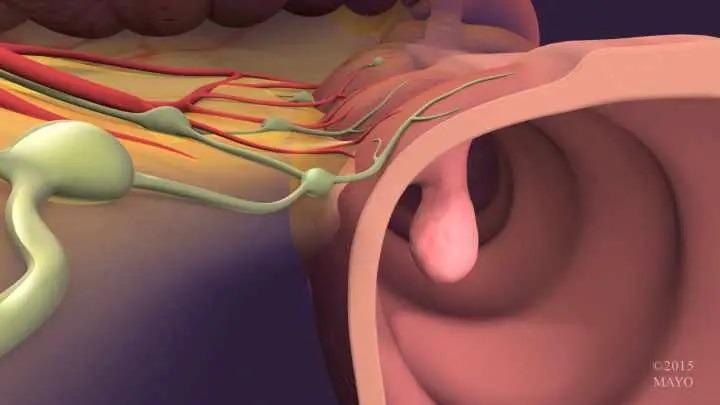
Image Credit: Mayo Clinic
The majority of colon polyps are innocuous, but some can progress to colon or rectal cancer, which can be deadly if discovered in its advanced stages. According to the World Health Organization, colorectal cancer is the second most dangerous cancer in the world, with approximately 1.9 million cases and 916,000 deaths globally in 2020. A colonoscopy is a procedure that examines the large intestine (colon) and the rectum for alterations or irregularities.
Around 230 research participants had two continuous colonoscopies on the same day at eight hospitals and community clinics in the United States, the United Kingdom and Italy between February 2020 and May 2021. The AI was employed in one colonoscopy but not in the other, which was a normal colonoscopy.
Precancerous colorectal polyps are expected to be overlooked at a rate of 25%. In this research, the miss rate in the group that underwent the AI colonoscopy first was 15.5%. In the group that underwent a normal colonoscopy first, the miss rate was 32.4%. The AI colonoscopy revealed additional polyps in the distal and proximal colon, which were smaller and flatter.
Colorectal cancer is almost entirely preventable with proper screening. Using artificial intelligence to detect colon polyps and potentially save lives is welcome and promising news for patients and their families.
Michael B. Wallace, MD, Study Senior Author and Division Chair, Gastroenterology and Hepatology, Sheikh Shakhbout Medical City
Wallace was also the Fred C. Andersen Professor of Medicine at Mayo Clinic.
Furthermore, the population that had the AI colonoscopy first had a 6.8% false-negative rate. In the group that underwent a conventional colonoscopy initially, it was 29.6%. A false-negative result means that a patient has been told they do not have a certain condition, when in fact they do.
Journal Reference:
Wallace, M. B., et al. (2022) Impact of Artificial Intelligence on Miss Rate of Colorectal Neoplasia. Gastroenterology. doi.org/10.1053/j.gastro.2022.03.007.